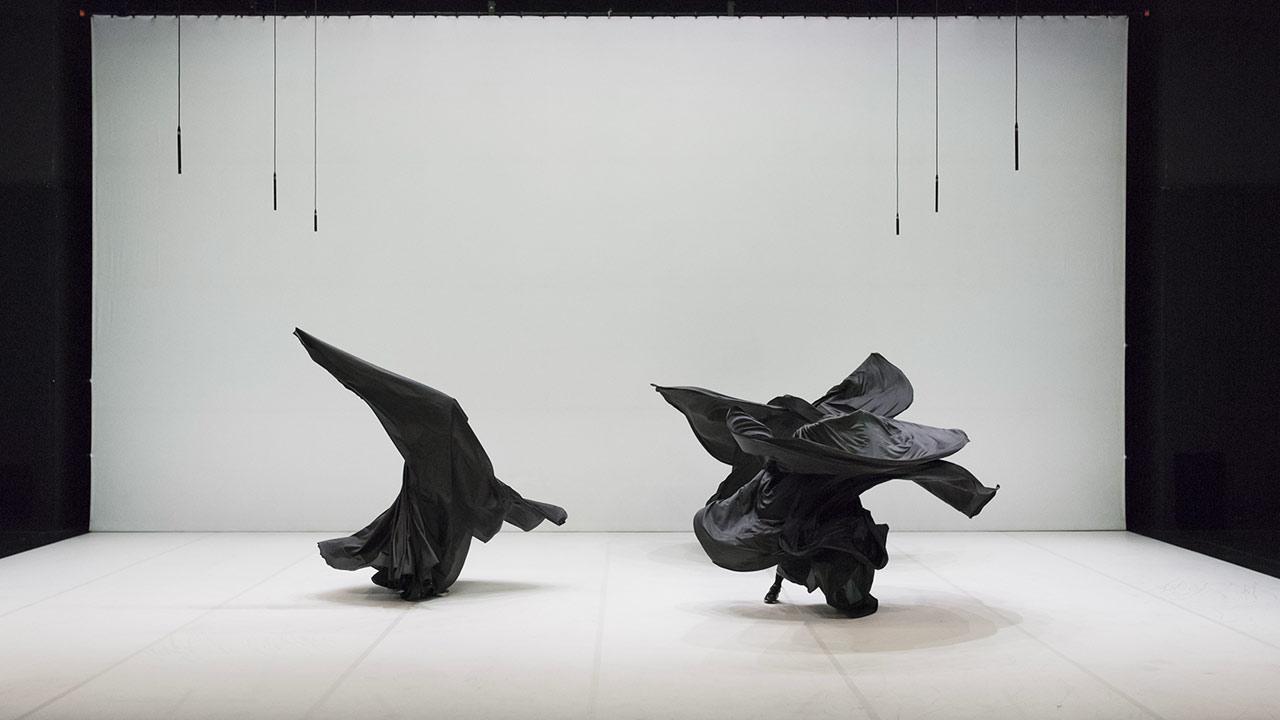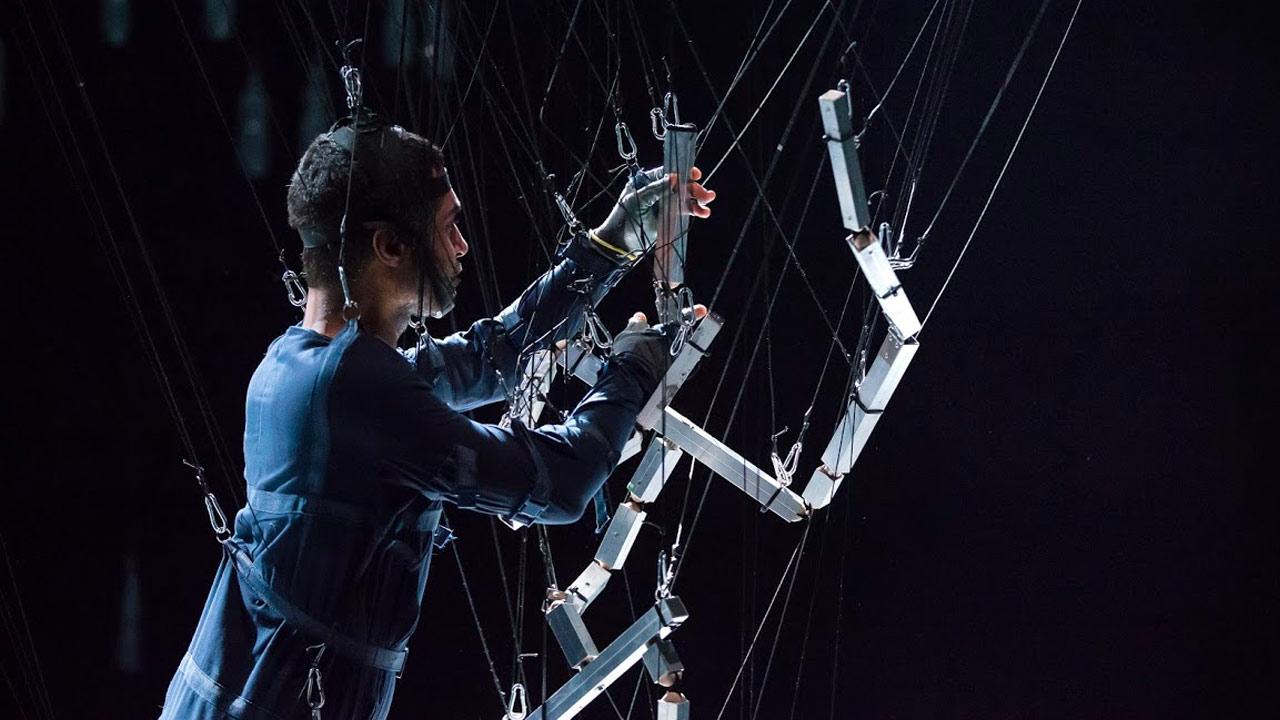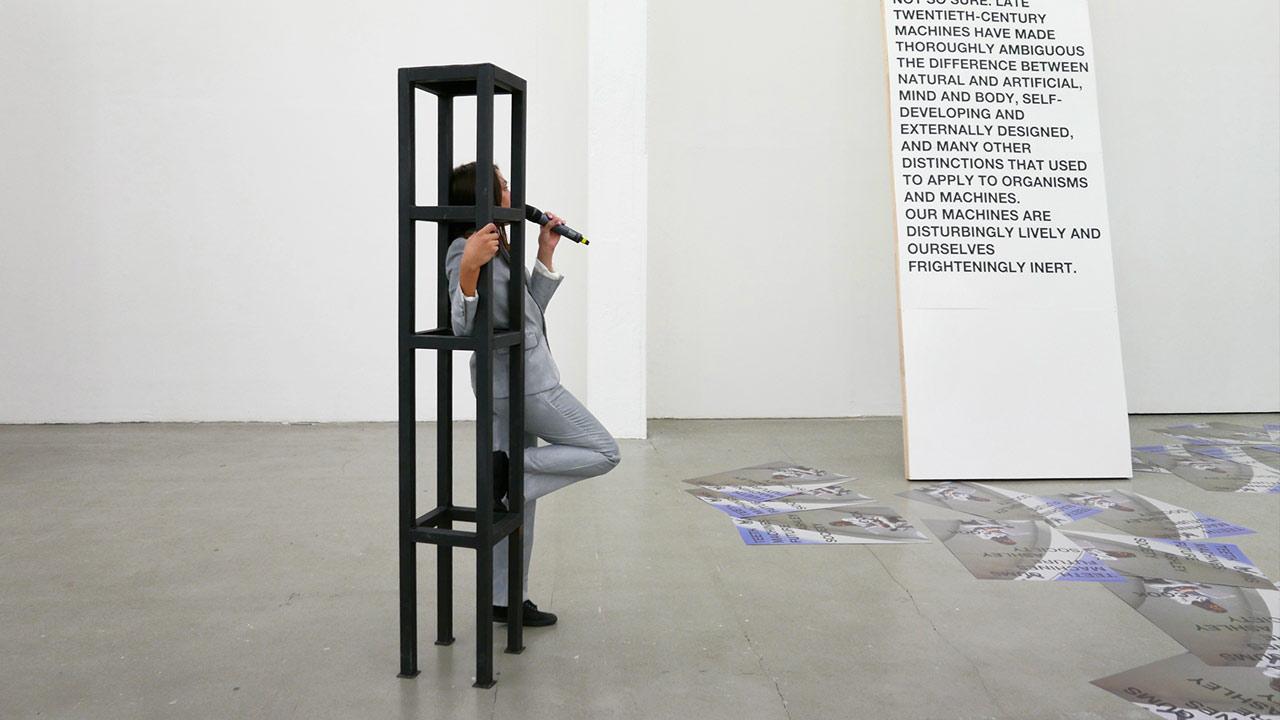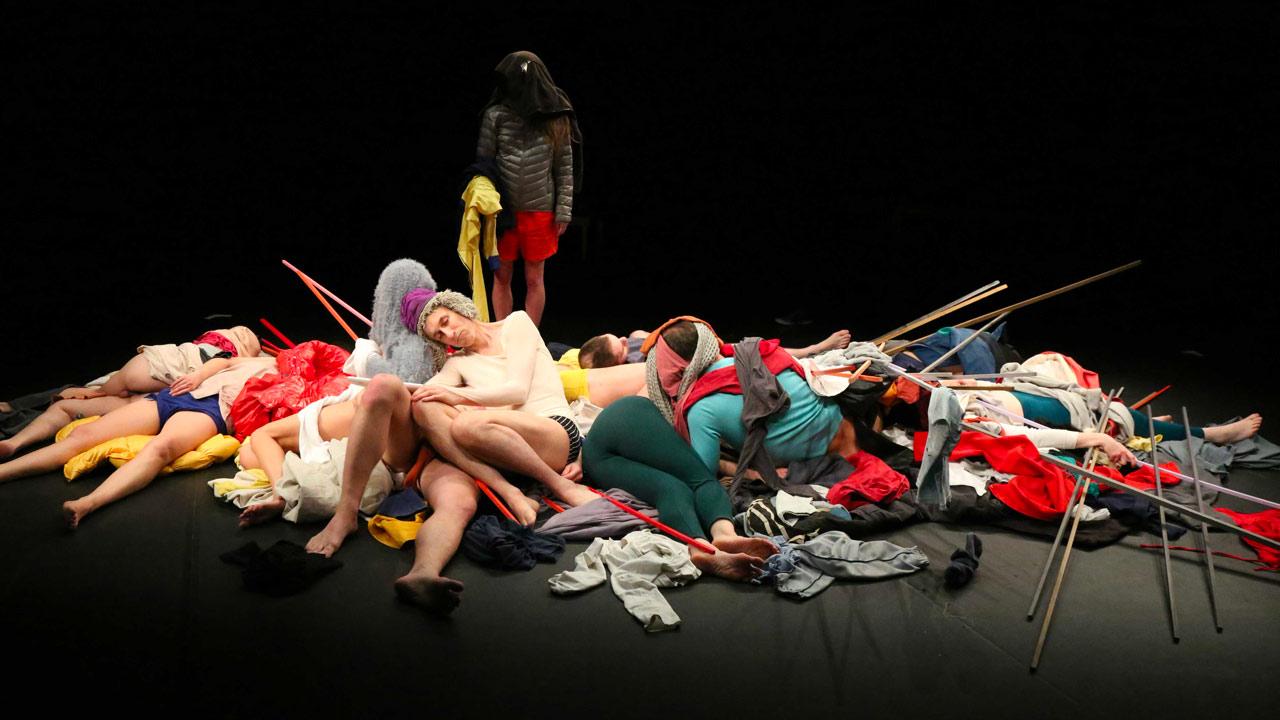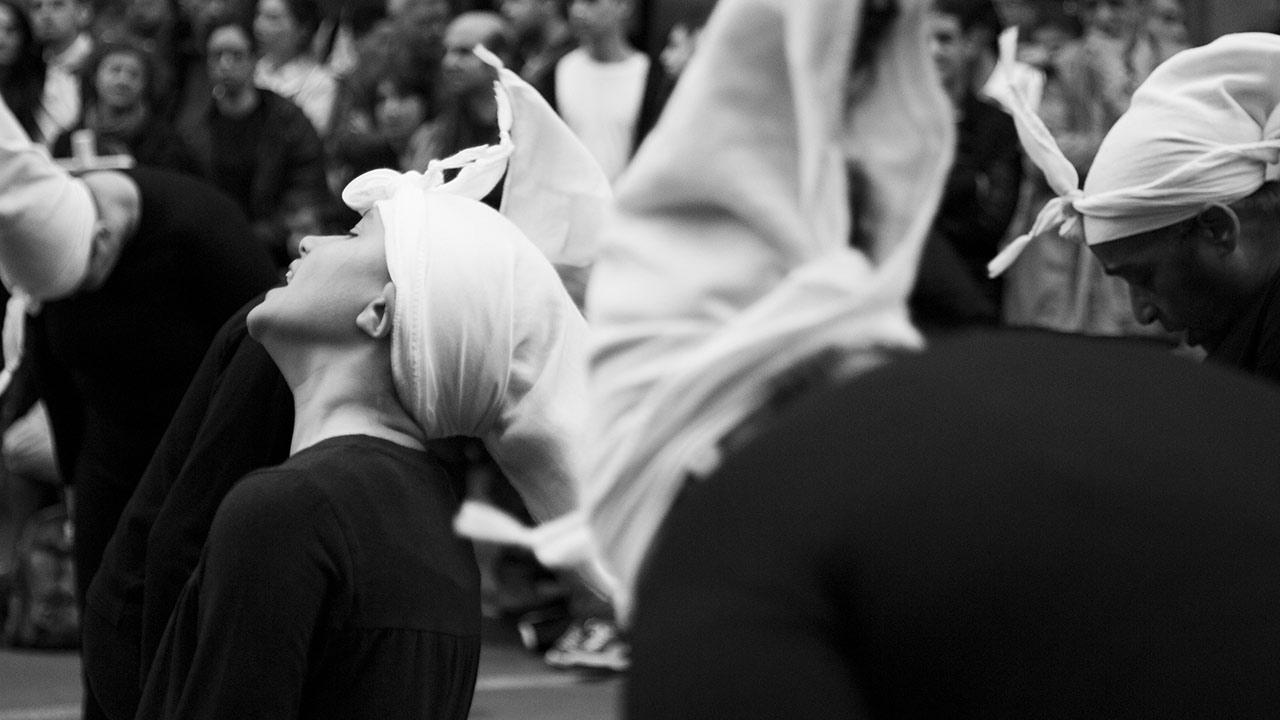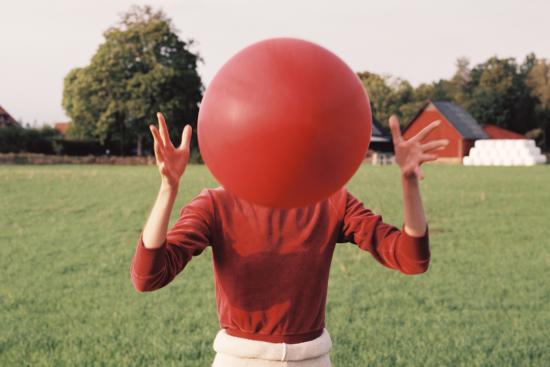At the Théâtre de la Cité International, Ola Maciejewska revisits the serpentine dances of Loïe Fuller in a flux of virtuoso gestures. Her choreography of draped fabrics, BOMBYX MORI, offers up an ensemble of dark, fluid and evasive sculptures. Artist and magician Kalle Nio, meanwhile, explores another kind of darkness altogether with his company WHS. Drawing on a repertoire that blends magic shows, baroque theatre and contemporary dance, Cutting Edge revisits classic decapitation scenes in the history of art to reveal their hidden meanings. In a characteristically transdisciplinary work, Jocelyn Cottencin proposes a journey through the monuments, statues and memorials that punctuate public space. On the stage, the twelve dancers of Monumental interact with one another, enter into situations, and transgress the frames in which they find themselves. As the chain of sequences unfolds, the public grasps fleetingly a unique evocation of an architectural form, a work of art, an artist. In a piece that plays on Persian mythology, the body of Iranian dancer and choreographer Ali Moini moves as if linked to the figure of a marionette. Through the proverb that gives this work its title – ‘My glory belongs to Rostam’ – resonate the notions of usurpation, doubling and avatars that animate this project. In a wholly different environment, two men struggle to create meaning by using various objects as extensions of their bodies. Bringing together the universe of Austrian visual artist Fanni Futterknecht and the broad interpretative range of Simon Tanguy and Roger Sala Reyner, I Wish I Could Speak in Technicolor offers a fantastical variation on the theme of metamorphosis.
Bouchra Ouizguen’s Corbeaux is a uniquely intense piece, a living sculpture for thirty performers. Trained successively across six institutions in the Paris region, these performers appear on stage as one single body producing movement and sound. Shaking up established orders with a resolutely urban nocturnal dance, Boris Charmatz offers a socially committed spectacle using the spaces and gestures of our time. In rain showers or against the wind, in wastelands or in the courtyard of the Louvre, Charmatz’s six performers adapt to original contexts each time. The Fondation d’entreprise Hermès was invited by Jean de Loisy, president of the Palais de Tokyo and artistic director of Nuit Blanche 2016, to propose a work for the courtyard of the Hôtel-Dieu hospital. Avant la nuit dernière by choreographer and visual artist Christian Rizzo injects unexpected movement into this hidden Parisian site, transfiguring it through fragments of sound and a monumental temporary installation.
With La Nuit des taupes (Welcome to Caveland!), director Philippe Quesne evokes an animal world that is uncannily human. Echoing the theme of the cave, a complementary programme of events will take place across the spaces of the Théâtre Nanterre-Amandiers. In the same theatre, French visual artist Lili Reynaud Dewar picks up on the theme of teeth as a metaphor for social conflicts past and present in America. From a potential status symbol for rappers to a site where social and healthcare inequalities crystallise, teeth form the core of the scenic space and Reynaud Dewar’s wider project. At the Théâtre des Abbesses, another struggle unfolds, here a physical one. For Mettre en pièce(s), choreographer Vincent Dupont has conceived an installation in which dancers’ bodies risk being hampered by scenic elements at every turn.
In a highlight of the Festival d’Automne 2016, The Wooster Group returns to France with two works at the Centre Georges Pompidou: The Town Hall Affair and Early Shaker Spirituals: A Record Album Interpretation. The former unfolds around a debate between intellectuals, while the latter reinterprets the chants of a religious community. Founded in 1975, this experimental collective is emblematic of the New York underground and has tirelessly worked to bring contrasting disciplines face to face, combining performance, visual arts, multimedia and text.
Finally, for the fourth year running, New Settings travels to the United States as part of the Crossing the Line festival created by the FIAF (French Institute Alliance Française). After supporting the eighth episode of the protean work Life and Times by the Nature Theater of Oklahoma with a presentation in Paris, the Foundation continues its commitment with episodes seven, eight and nine in New York. Each episode of the series corresponds to a stage in the life of a middle-class American, and is explored through a different means of expression each time.
